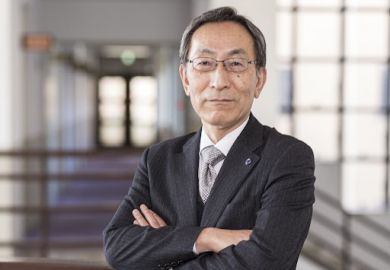Switzerland and the UK are the best countries in Europe at attracting top research grant winners, while Italy has the most severe academic emigration problem, according to a Times Higher Education analysis of European Research Council data.
According to the latest available data from starting, consolidator and advanced grants, there were 65 grant winners based at Swiss institutions, but just 29 Swiss nationals among the winners, a mark of how successfully the country draws in top academics from across Europe.
The UK also acts as a magnet for ERC grant winners: 180 of the latest recipients are based in the UK, more than any other country, but just 105 winners are themselves British.
At the other end of the scale is Italy, which for years has been dogged by complaints about underfunding and academic corruption. Italians do well from the ERC – just not in Italy.
According to Antonio Guarino, president of the Association of Italian Scientists in the UK and, since 2007, an economics professor at UCL, of the more than 650 Italians who have won ERC grants, nearly 300 have used them outside Italy, of whom 88 were based in the UK. By contrast, just two British scientists from nearly 900 grant winners have carried out their projects in Italy. “The flow has been mainly in one direction,” he said.
Yet uncertainty following the Brexit vote in June last year could slow this flow of grant winners into the UK. “The brain drain from the UK may not happen immediately but seems a very likely possibility in the years to come,” Professor Guarino said.
Earlier this year, the Italian embassy in London surveyed more than 600 Italian academics in the UK, and at least a quarter said that they were definitely thinking about leaving the UK, while 55 per cent said that they were “maybe” considering it. An additional poll of nearly 500 found that almost two-thirds cited Brexit as the reason for thinking of leaving the UK.
Of those definitely thinking of leaving, 29 per cent intended to return to Italy, and 57 per cent planned to move to another EU country.
“We know that Italian authorities are considering various policy interventions to make the system more attractive, but this will be difficult and will take time,” said Professor Guarino.




